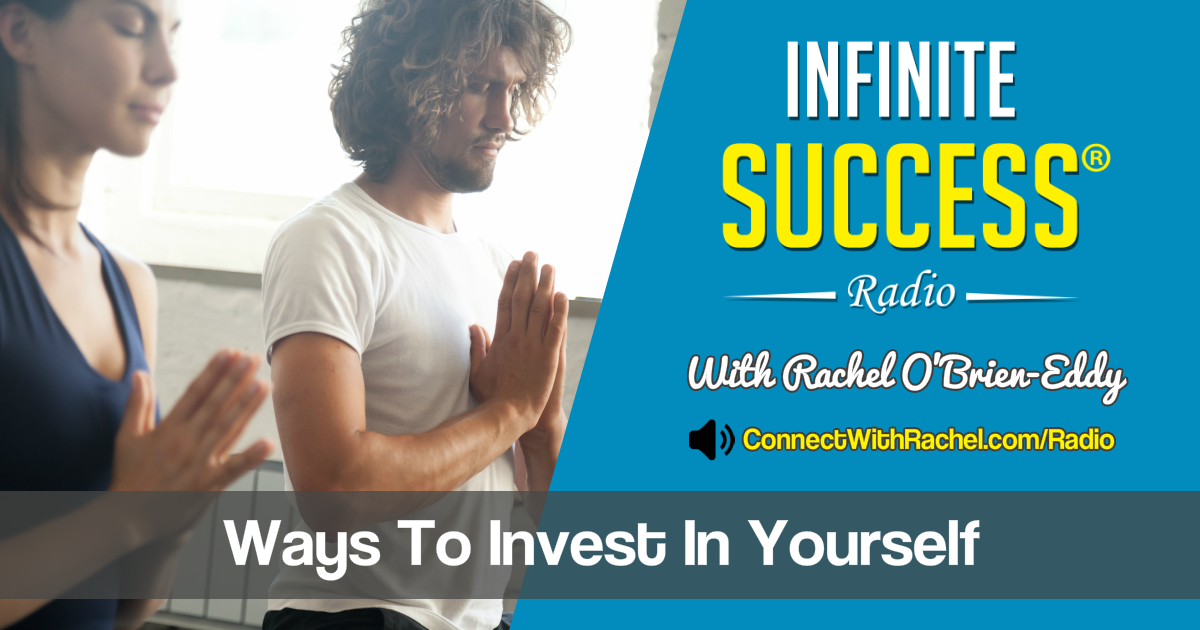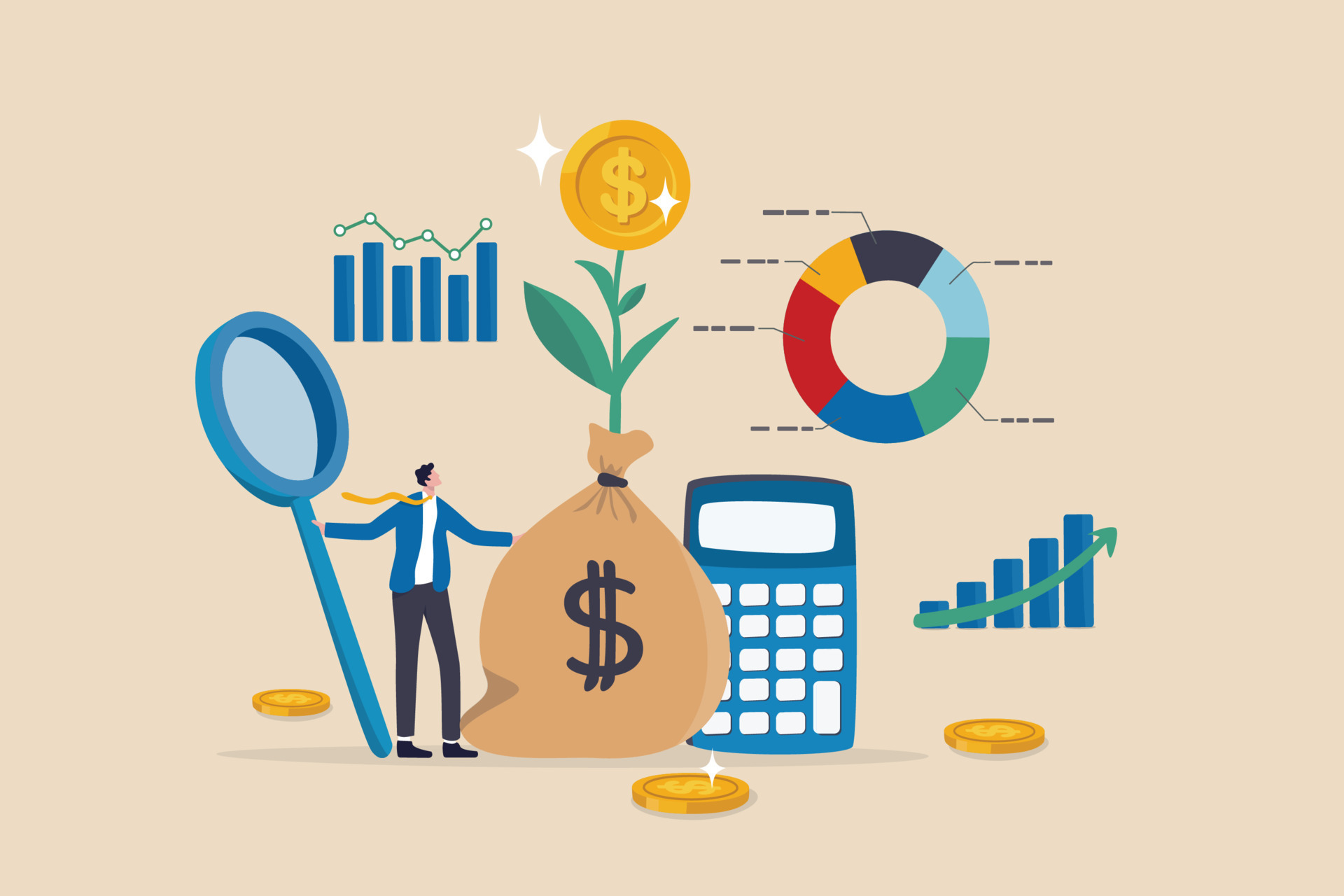
The Ultimate Investment: How to Invest in Yourself for a Brighter Future
In a world obsessed with stocks, bonds, and real estate, there’s one investment that consistently outperforms them all: investing in yourself. This isn’t about fleeting purchases or instant gratification. It’s about making deliberate choices that enhance your skills, knowledge, well-being, and overall potential. Investing in yourself is the cornerstone of personal and professional growth, leading to greater fulfillment, resilience, and opportunities throughout your life.
Why Invest in Yourself? The Compelling Reasons
- Increased Earning Potential: Developing new skills and expertise directly translates to increased value in the job market. Whether you’re aiming for a promotion, a career change, or starting your own business, investing in your capabilities boosts your earning power.
- Enhanced Confidence: As you acquire new knowledge and overcome challenges, your confidence naturally grows. This newfound self-assurance empowers you to take on bigger risks, pursue your goals with greater determination, and navigate life’s obstacles with resilience.
- Improved Well-being: Investing in your physical, mental, and emotional health is essential for overall well-being. When you prioritize self-care, you reduce stress, improve your mood, and increase your energy levels, leading to a happier and more fulfilling life.
- Expanded Opportunities: Investing in yourself opens doors to new opportunities that you might not have considered before. Whether it’s a new career path, a chance to travel, or the ability to pursue a passion project, the possibilities are endless when you invest in your growth.
- Greater Resilience: Life is full of ups and downs, but investing in yourself equips you with the tools to weather any storm. By developing your skills, building your network, and strengthening your mindset, you become more resilient and adaptable to change.
10 Powerful Ways to Invest in Yourself
-
Education and Skill Development:
- Formal Education: Consider pursuing a degree, diploma, or certification in a field that interests you or aligns with your career goals. Online learning platforms like Coursera, edX, and Udemy offer a wide range of courses to suit various interests and budgets.
- Professional Development: Attend workshops, seminars, and conferences to stay up-to-date on industry trends and develop new skills. Many companies offer professional development opportunities to their employees, so take advantage of these resources.
- Online Courses and Tutorials: The internet is a treasure trove of free and affordable learning resources. Explore online courses, tutorials, and webinars on topics ranging from coding to cooking to personal finance.
- Mentorship: Seeking out a mentor who can provide guidance, support, and feedback is invaluable. Look for someone who has achieved success in your field and is willing to share their knowledge and experience.
-
Health and Wellness:
- Physical Health: Prioritize regular exercise, a balanced diet, and adequate sleep. These habits are essential for maintaining your physical health and energy levels.
- Mental Health: Practice mindfulness, meditation, or yoga to reduce stress and improve your mental well-being. Consider seeking therapy or counseling if you’re struggling with mental health issues.
- Emotional Health: Develop healthy coping mechanisms for dealing with stress and difficult emotions. Practice self-compassion and forgiveness, and surround yourself with supportive people.
-
Personal Development:
- Reading: Reading books on personal development, self-improvement, and psychology can provide valuable insights and strategies for growth.
- Journaling: Writing in a journal can help you reflect on your thoughts, feelings, and experiences. It can also be a powerful tool for setting goals, tracking progress, and identifying patterns in your behavior.
- Goal Setting: Setting clear and achievable goals is essential for personal growth. Break down your goals into smaller, manageable steps and track your progress along the way.
- Self-Reflection: Take time to reflect on your values, beliefs, and goals. What truly matters to you? What kind of person do you want to be? Answering these questions can help you align your actions with your values and live a more meaningful life.
-
Financial Literacy:
- Learn About Investing: Educate yourself about different investment options, such as stocks, bonds, and real estate. Understand the risks and rewards associated with each type of investment.
- Create a Budget: Track your income and expenses to understand where your money is going. Create a budget to help you save money and achieve your financial goals.
- Pay Off Debt: High-interest debt can hold you back from achieving your financial goals. Make a plan to pay off your debt as quickly as possible.
- Seek Financial Advice: Consider consulting with a financial advisor to get personalized advice on how to manage your money and achieve your financial goals.
-
Networking and Relationships:
- Attend Industry Events: Networking events are a great way to meet new people in your field and learn about new opportunities.
- Join Professional Organizations: Professional organizations offer opportunities for networking, professional development, and mentorship.
- Volunteer: Volunteering is a great way to give back to your community and meet new people.
- Nurture Existing Relationships: Invest time and effort in nurturing your relationships with family, friends, and colleagues. These relationships can provide support, encouragement, and a sense of belonging.
-
Travel and Experiences:
- Explore New Cultures: Traveling to new places can broaden your perspective and expose you to different cultures and ways of life.
- Step Outside Your Comfort Zone: Try new things and challenge yourself to step outside your comfort zone. This can help you grow as a person and develop new skills.
- Create Memories: Experiences are often more valuable than material possessions. Invest in experiences that will create lasting memories and enrich your life.
-
Mindfulness and Meditation:
- Reduce Stress: Practicing mindfulness and meditation can help you reduce stress and improve your mental well-being.
- Increase Focus: Meditation can help you improve your focus and concentration.
- Improve Emotional Regulation: Mindfulness can help you become more aware of your emotions and develop healthier coping mechanisms.
-
Creative Pursuits:
- Explore Your Creativity: Engage in creative activities such as painting, writing, music, or dance. This can help you express yourself, reduce stress, and improve your overall well-being.
- Take a Class: Sign up for a class in a creative field that interests you. This can help you develop new skills and meet like-minded people.
- Join a Creative Community: Connect with other creative people in your community. This can provide support, inspiration, and opportunities for collaboration.
-
Time Management and Productivity:
- Prioritize Tasks: Learn to prioritize tasks based on their importance and urgency.
- Eliminate Distractions: Identify and eliminate distractions that prevent you from focusing on your work.
- Use Productivity Tools: Utilize productivity tools such as to-do lists, calendars, and project management software to stay organized and on track.
- Take Breaks: Taking regular breaks can help you stay focused and productive throughout the day.
-
Seek Feedback and Mentorship:
- Ask for Constructive Criticism: Request feedback from trusted sources to identify areas for improvement.
- Find a Mentor: A mentor can provide guidance, support, and valuable insights based on their experience.
- Be Open to Learning: Maintain a growth mindset and be receptive to new ideas and perspectives.
Making It a Habit:
Investing in yourself is not a one-time event; it’s an ongoing process. Integrate these practices into your daily or weekly routine. Even small, consistent efforts can lead to significant long-term results.
In Conclusion:
Investing in yourself is the most valuable investment you can make. By prioritizing your growth and well-being, you’ll unlock your full potential, achieve your goals, and live a more fulfilling life. So, take the first step today and start investing in yourself – your future self will thank you for it.



